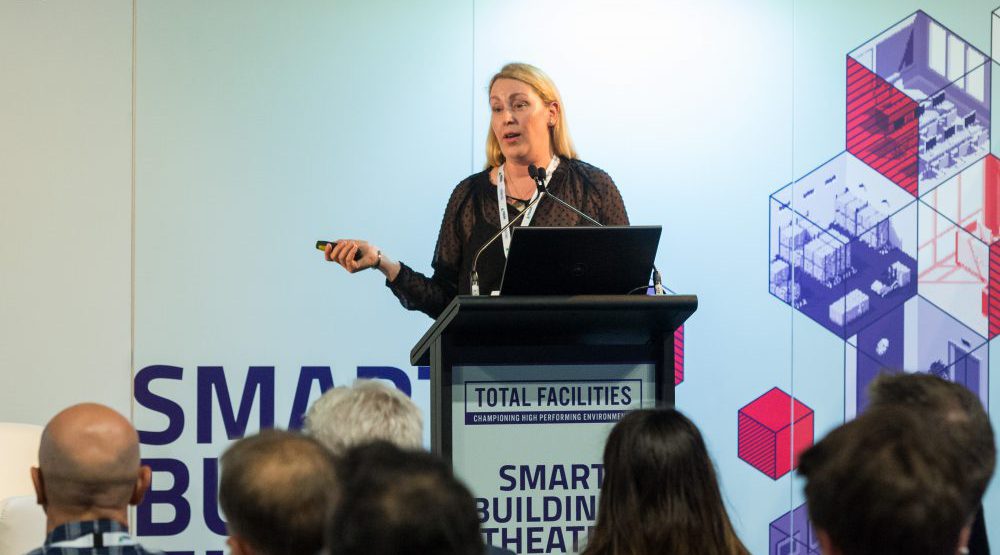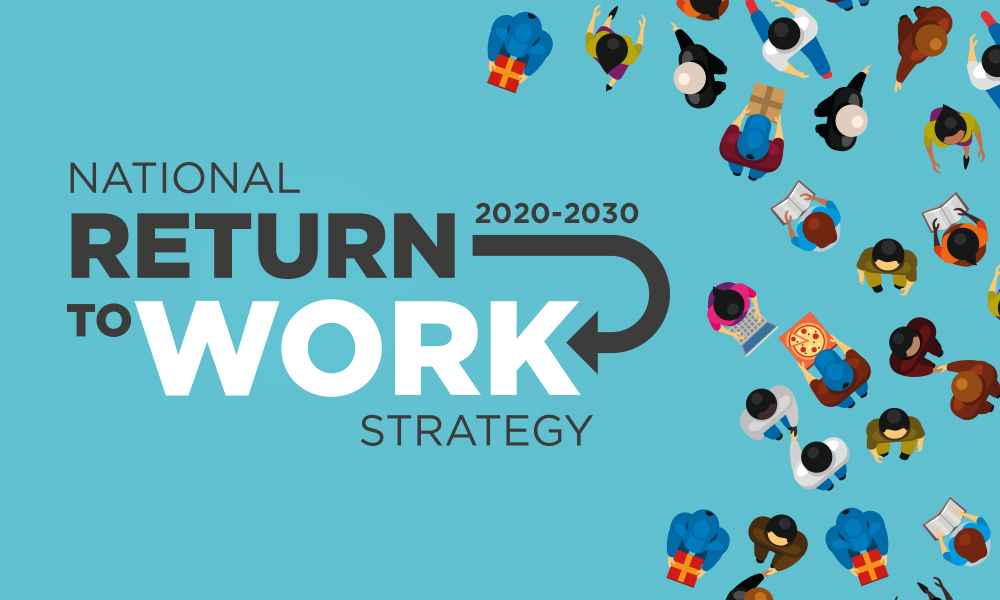
As facility management transitions into the information age, where technology advances at a rapid pace and markets evolve and change overnight, one thing remains constant: the pivotal role of human capital and culture is driving our company’s success.
The Society of Human Resource Management (SHRM) defines human capital and culture as two vital elements shaping the dynamics and success of any company.
Human capital refers to the company’s workforce’s collective skills, knowledge, creativity and abilities from top to bottom.
On the other hand, culture encompasses the shared values, beliefs, norms and behaviours that characterise your unique delivery of products and services. Together, they form the foundation upon which companies thrive or falter.
HUMAN CAPITAL
Human capital is the driving force behind innovation, productivity and growth. It encompasses not only formal education and technical skills but also soft skills, such as communication, teamwork and adaptability.
Companies that invest in human capital development through training, education and professional development programs often reap the rewards of a high-performing team and motivated workforce.
This, in turn, leads to increased efficiency, higher-quality output, and greater competitiveness in the marketplace.
Front-line cleaning workers are required to develop new skills due to technological improvements. They need training and the burden of this training is on their organisation’s leadership.
Customers want us to be safe, efficient and know our craft at a high level. We can’t just take a worker and put them in a completely new routine or project cleaning task without training and expect them to be successful.
CULTURE
However, more than human capital is required for sustained success. Culture plays a crucial role in shaping how individuals within the company interact and work together.
A positive culture fosters trust, cooperation, direction and a sense of belonging among workers, leading to higher levels of engagement and job satisfaction.
Conversely, a toxic or dysfunctional culture can hinder productivity, innovation and retention.
Peter Drucker, a famous management consultant, educator and author, once said: “Culture eats strategy for lunch”.
This means that no matter how strong your strategic plan is, its success will be held back by members of your team if they don’t share the proper culture. When it comes down to it, the people implementing the plan are the ones that make all the difference.
As you embark on building a culture, it is crucial that you lay a strong foundation for creating a high-performing team. Teams typically consist of cross-functional resources, comprised of both your company’s core team and our assorted partners.
Integrating diverse skills and expertise within your team will become very important as facility management continues to change. Minimise emphasis on rigid roles and hierarchy, fostering collaboration and innovation.
Cultivate an environment valuing each team member’s distinct contributions. Embrace this inclusive approach to maximise effectiveness in an evolving landscape.
Below is a list of key values that team members should experience to become a high-performing team:
• Supported: Experienced team members offer guidance in the field with technical reviews provided throughout the process. The team should have a proper mix of analysts, managers and consultants, and there must be frequent and specific communications.
• Motivated: The team should be highly visible to all levels of management, with team members learning and continuing to enhance their professional skills and knowledge. A high level of management support should be obvious.
• Valued: The culture is conducive to sharing ideas, analysts sense a freedom to explore and diverse skill sets are valued; analysts do not sense direct competition among one another.
• Empowered: Analysts are encouraged to take responsibility; management fosters empowerment by demonstrating trust and respect.
• Knowledgeable: Team members receive relevant and effective classroom and on-the-job training, as well as effective communication of current issues and plans.
• Shared vision: Team members participate in creating and communicating a project vision to management, as well as in the development of business objectives and evaluating performance against those objectives.
• Committed: Management is genuinely committed to and believes in the business value of the work effort, and analysts experience personal satisfaction and growth.
• Ownership: Team members participate in work that they will ultimately maintain, and in planning and conducting meetings. Team members assist in developing and presenting procedure manuals and training packages.
• Fulfilled: Interim deliverables are identified and team members are learning relevant skills (presentation, communication, technical, etc.). There is constructive feedback from other team members, centre managers and employees.
In conclusion, the symbiotic relationship between human capital and culture lies at the heart of organisational prosperity. By investing in your team and nurturing a positive culture, businesses can create an environment where talent thrives, innovation flourishes, and success becomes not just a goal but a collective reality.
As the business landscape continues to evolve, those who prioritise their people and cultivate a strong organisational culture will emerge as the true champions.
This article was written by Jon Hill and first appeared on ISSA Today. Jon Hill is the CEO of Cobotiq and presents to business managers how to create and implement profitability information. He is a frequent speaker and presenter on the future impact of automation and technology in the cleaning industry.
Photo by iStock.
Comment below to have your say on this story.
If you have a news story or tip-off, get in touch at editor@incleanmag.com.au
Sign up to INCLEAN’s newsletter.



